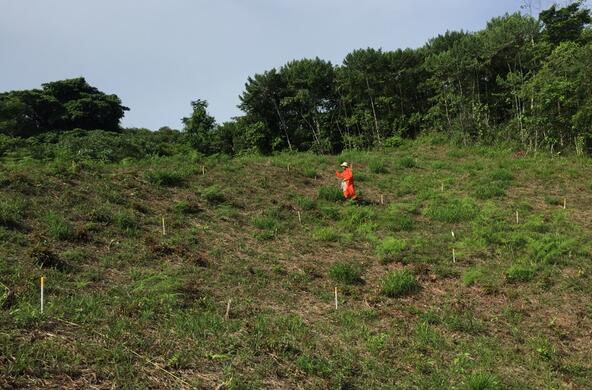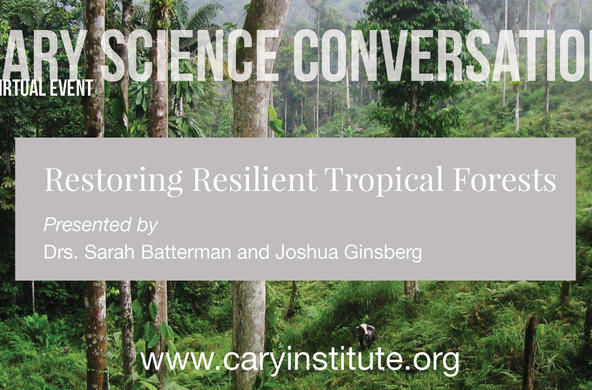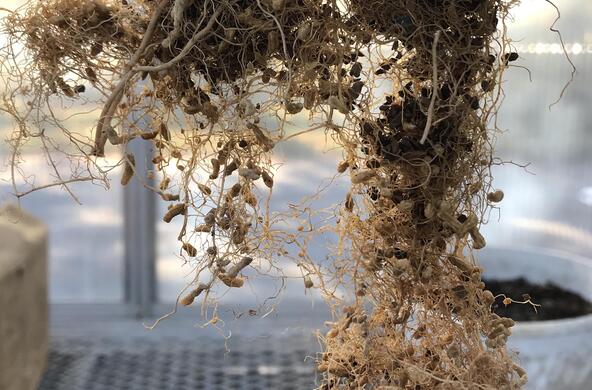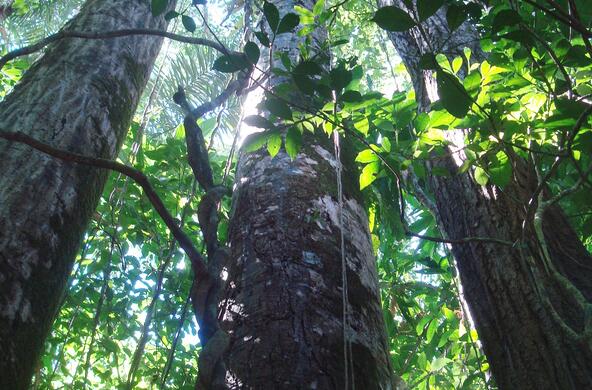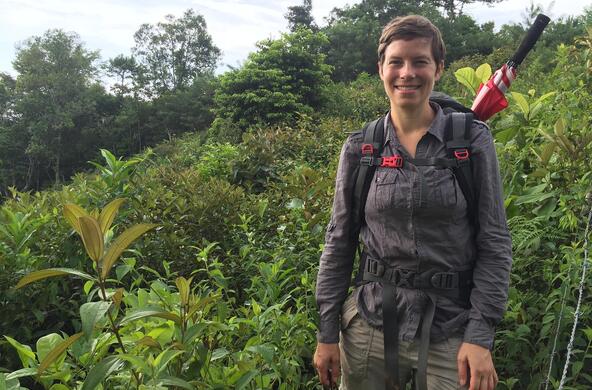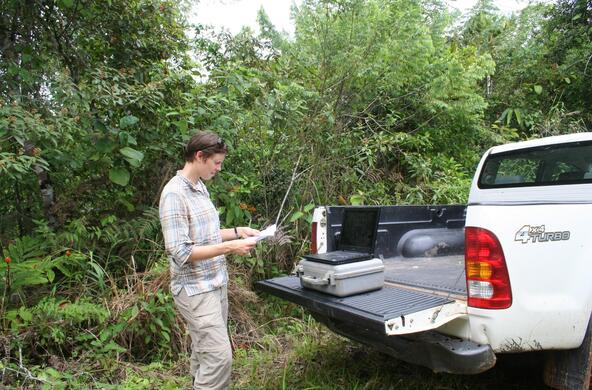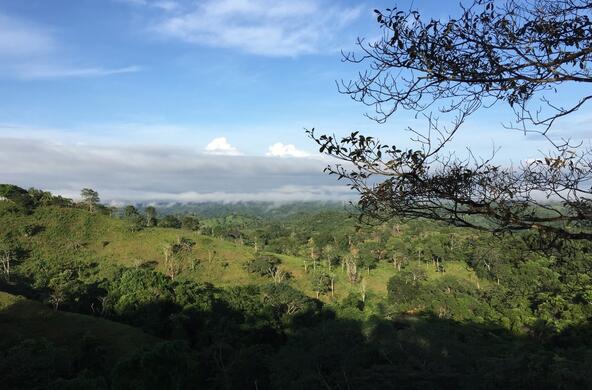- Profile
- Videos & Podcasts
- Publications
One of the greatest challenges facing ecologists today is resolving the potential for terrestrial ecosystems to offset human carbon emissions and slow climate change. However, it is not yet clear how much carbon uptake in tropical forests depends on soil nutrients and plants’ ability to overcome nutrient limitations. Sarah Batterman uses greenhouse and large-scale ecosystem experiments, field observations, and modeling to confront this challenge.
Contrary to what many ecologists previously thought, Batterman has found that nitrogen — not phosphorus — is the main nutrient limiting the growth of young tropical forests. This work led her to discover that symbiotic nitrogen fixation plays a key role in tropical forest recovery after disturbance. By naturally fertilizing forests with nitrogen, fixation enhances growth and increases the forest’s capacity to trap carbon.
In addition to nitrogen fixation, Batterman is exploring other strategies that trees use to overcome nutrient deficiencies. These include utilizing mycorrhizal fungi, adjusting phosphatase enzyme activity levels, or changing how resources are allocated throughout the plant. Batterman seeks to understand the tradeoffs and limits of these strategies, and how they will affect the global carbon sink.
After finding that herbivores preferentially eat the leaves of nitrogen-fixing plants, Batterman is also working to understand herbivory’s implications for tropical forest carbon absorption, and how forest managers can improve reforestation success based on this knowledge.
Batterman’s research helps to improve predictions of the future land carbon sink, and guide policy makers and practitioners on best practices for conserving and restoring tropical forests to combat climate change.

